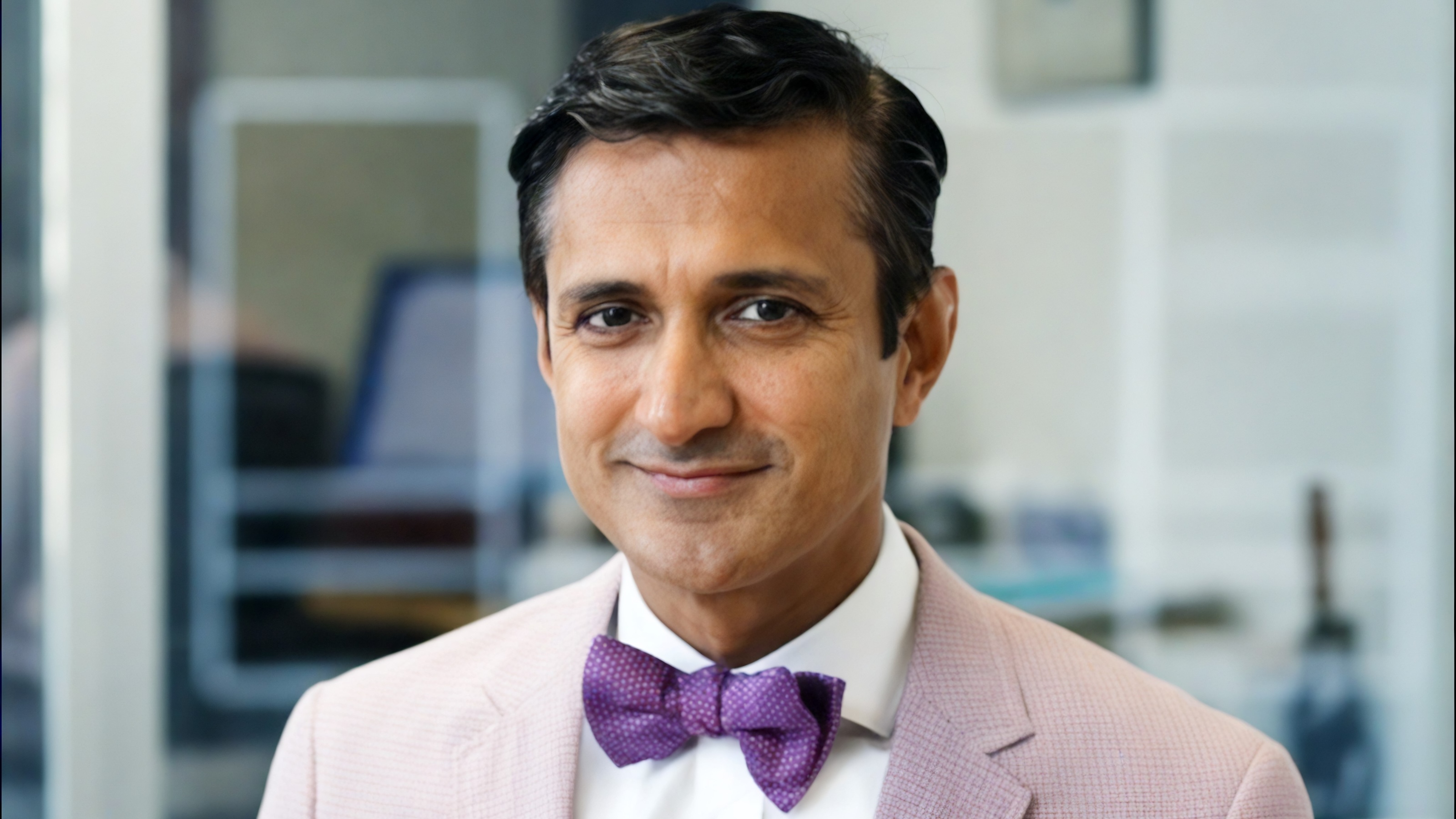Glenn Hubbard also rejects proposals to audit the Federal Reserve, and to put a cap on the size of large financial institutions.
Question: Who is most culpable for the crisis: Washington or Wall Street?
Glenn Hubbard: Well, I think it’s multiple factors. I think there are three causes, but they do all relate to policy, just not all the policymaker. One is the global imbalances that I think came about because of decisions in many emerging Asian economies to accumulate massive dollar reserves for their own policy objectives. China clearly the lead example here. Second was U.S. monetary policy in the periods, say 2003 to 2005 was clearly way too easy, poured gasoline on a flames of the emerging bubble. And the third, is the fact that it was too easy to do regulatory arbitrage. The capital standards weren’t as good as we thought. Some regulators clearly weren’t up to the task. So, I think all three of those were very important factors. So, they are policy contributions, but they’re not all one person’s failure.
Question: Do you agree with Paul Volcker and Mervyn King’s suggestion that we reinstate the separation of investment and commercial banking (Glass-Steagall), or do you buy Larry Summers’ concerns about international competitiveness?
Glenn Hubbard: I don’t. I think there are some very tough questions the Fed and other regulators will have to look at. It don’t think that Glass-Steagall, the separation of commercial and investment banking would have been terribly helpful here, in fact, there was some pure banks the got into trouble, there was some pure trading houses that got into trouble and in fact, where we had rescues it was precisely bringing together banking and non-banking, so I’m not sure that helps. There are also concerns people have about maybe should we draw bright lines about the size of banks? I’m not particularly persuaded that that’s useful either. I think there isn’t going to be a simple answer. I do think it involves better risk management, I think it involves stronger attention to capital requirements, but, no, I don’t think Glass-Steagall is the answer.
Question: What do you think of recent efforts by Ron Paul and others to audit the Federal Reserve?
Glenn Hubbard: Well I sense the Congressional frustration with the Fed. I think the Fed’s wondering into politics is bound to get the Congress’ attention. Congressman Paul introduced this bill, I don’t know how many times, but did not have much success until now. And I think the reason this success has happened now is the Fed has become a bit more political, too political, in my view. Having said that, I don’t think the Paul Bill is the right answer. The Fed of course already is audited in their accounting sense of that term. My concern with the Congress attempting to conduct its own monetary policy by pushing the Fed around, that I think is a decidedly bad idea.
Question: How would you rate Ben Bernanke’s performance as Federal Reserve Chairman pre-, during, and post-crisis?
Glenn Hubbard: I do. I think that Chairman Bernanke’s response to the financial crisis has been both bold and experimenting while one doesn’t necessarily agree with every single thing the Fed has done, I like the fact that the Fed has been bold during the crisis. The mild criticism I might have is that going into the crisis the Fed didn’t particularly see a lot of the danger signs or how large it would be. But many economists shared that view at the time, so I don’t think one can blame the Fed per se for that.
Question: Do you think the government’s response to the crisis has decreased the probability of a future crisis?
Glenn Hubbard: Well, first there will be financial crises. I’d love to tell you the world is different. I don’t believe that. We’ve had a history of financial crises; in fact, I think not paying attention to that history is part of what made us vulnerable. I don’t think government actions to date make it less likely that we have a financial crisis. I think what could help would be some broader regulatory reforms, but I don’t really see the Congress really paying serious attention right now.
Question: Carmen Reinhart and Kenneth Rogoff's This Time is Different suggests financial crises are often followed by debt crises. When will ours come?
Glenn Hubbard: Well, what you know from the work that Carmen and Ken did is that typically in the aftermath of the bursting of a bubble or financial crisis, government debt rises because government is trying to clean up the pieces. In many countries that has led to a debt crisis. Whether there is a debt crisis is a story about both supply and demand. It’s clear that the supply debt has gone up. The question really is, is what about domestic debt holders and foreign holders willingness to hold that. And that seems to be the bigger question. I am very worried if we stay on the present fiscal path that we will have a day of reckoning and in that sense, I definitely agree with the Reinhart/ Rogoff thesis.
Recorded on December 17, 2009





